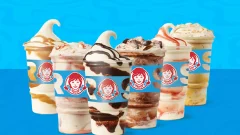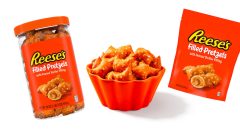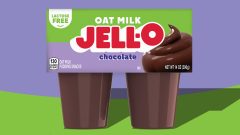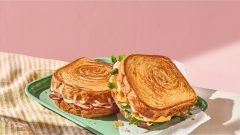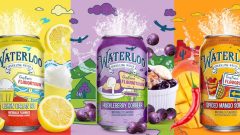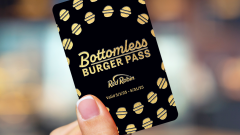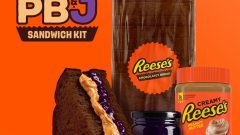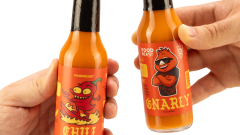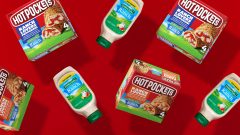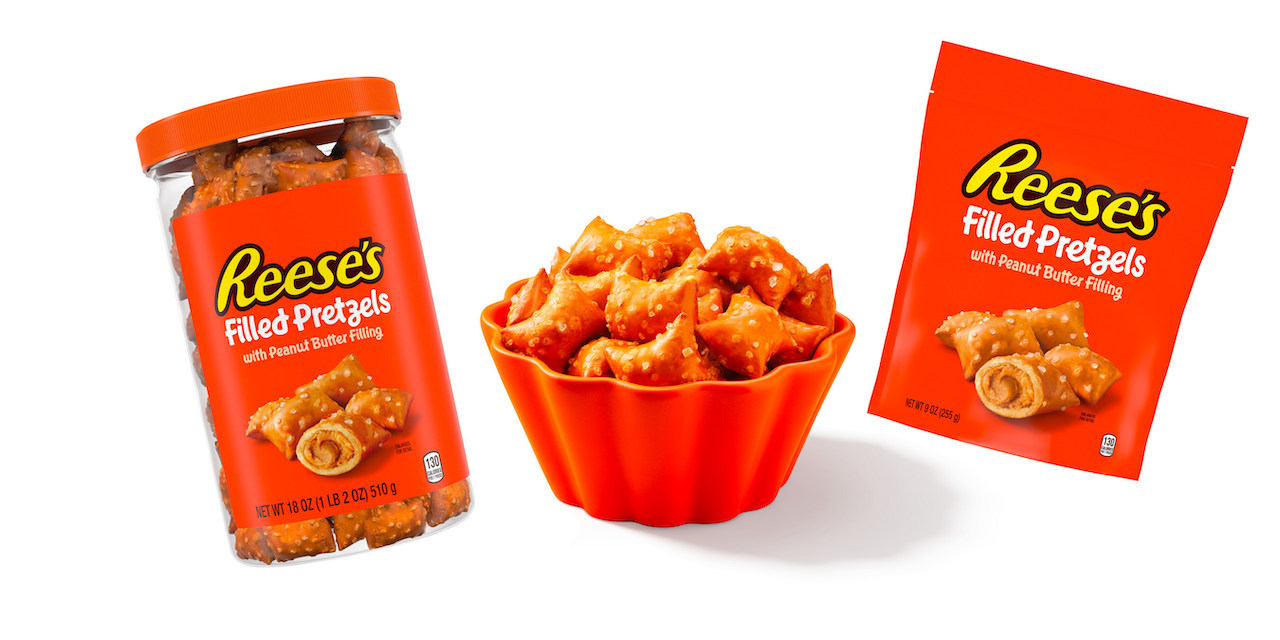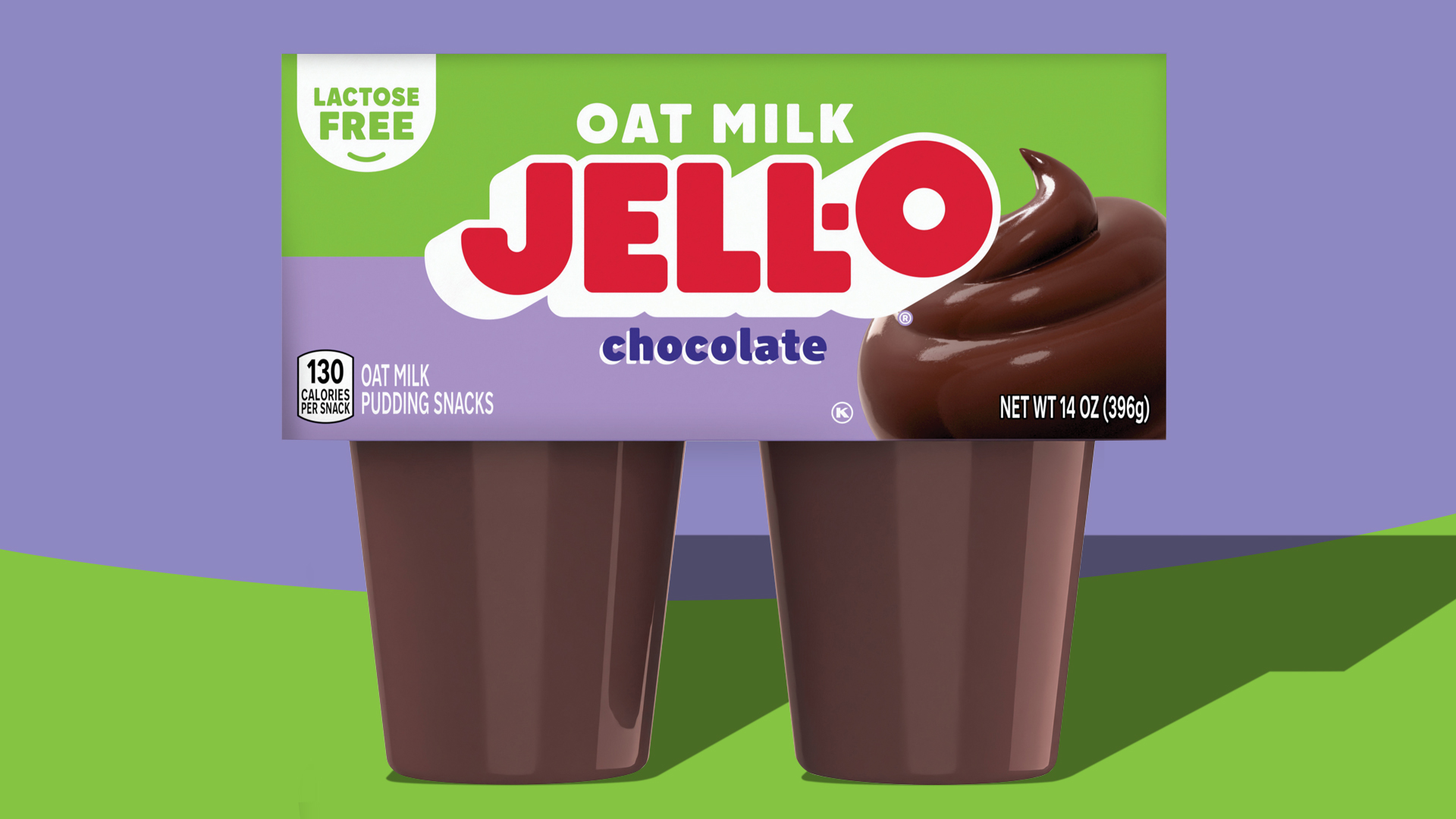The State of the Meal Delivery Space: Who’s Thriving, Who’s Been Bought Out, and Who is Closed for Good
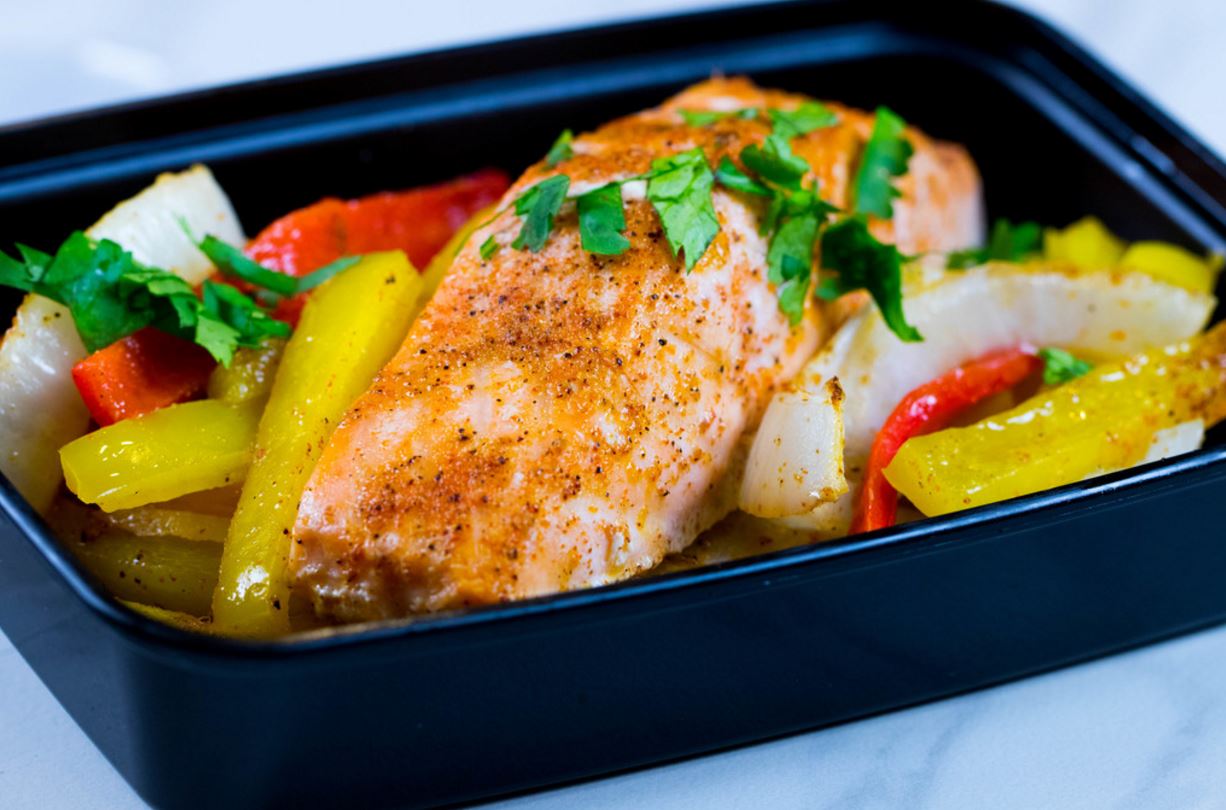
Over the past few years, the meal delivery space has matured from a quirky idea into a booming industry.
CNBC reports that more than 150 companies are competing “nationally, regionally and locally, all fighting for their share of the $1.5 billion market.”
If you like to stay up to date on the latest industry trends, or if you’re thinking about trying a new meal kit yourself, here are three things you should know about the state of the meal delivery space.
1. Grocery stores have joined the party.

Photo: I5 Design & Manufacture
When early movers like German-based HelloFresh and U.S. competitor Blue Apron burst onto the scene, grocery stores saw them as a threat. Meal kits were promising a simpler way to serve home-cooked meals — by delivering pre-portioned ingredients right to your door.
But as the industry has matured, grocery stores have actually proven to be very synergistic with meal kits. It turns out, while many people can’t break the habit of driving to the supermarket, they do love the idea of easy-to-prepare meals with pre-portioned ingredients. This has led many supermarket chains to actually start offering meal kits in their stores.
For example, Publix created their own Aprons line and Costco ran a pilot program selling Blue Apron kits.
In May of 2018, Kroger went so far as to acquire Home Chef, in a deal reportedly worth $200 million “with an additional $500 million in incentives if certain targets are met.”
And Plated, a meal delivery service that got its start on the TV show “Shark Tank,” sold to Albertsons for a rumored $200 million plus growth-based “earnout payments.”
2. Lots of niche services have sprung up.
While the more traditional meal kits (HelloFresh, Blue Apron, Home Chef, and Plated) continue to enjoy success with mainstream customers, numerous smaller services have popped up, targeting niche audiences.
- Sun Basket and Green Chef both offer organic ingredients, with specialized menus like Paleo, Keto, and Gluten Free.
- Purple Carrot is an all-vegan meal kit that was able to convince legendary food writer Mark Bittman to leave his 13 year column at the New York Times and join their content team for a 6-month stint.
- Takeout Kit promises to transform your kitchen into a global café, scouring the planet for “hard-to-find ingredients and authentic recipes.” With each meal, you learn about the culture and background behind the dish, and the company even suggests music playlists and drink pairings to enhance your experience.
- Dinnerly and EveryPlate have stripped away the frills and are instead competing for the title of cheapest meal delivery service, with prices per serving beginning at only $4.99.
And as meal kits continue to grow in popularity, so does the spin off delivery industry of fully prepared meals. Freshly is a mainstream leader with lots of meal options to choose from. Veestro offers fully prepared meals for vegans. Factor75 features paleo and keto friendly meals. And MealPro is targeting fitness junkies. Because fully prepared meals usually come in single serving sizes, they’re a nice alternative for solo diners, since meal kit dishes almost always serve a minimum of two people.
3. Many companies have been struggling.

Photo: Chris Campbell
With so many meal kits springing up, several companies have been struggling to survive the fierce competition. Two significant examples are Chef’d and Munchery.
Munchery, a provider of fully prepared meals that differentiated itself by offering same day delivery, announced they were shutting their doors in January of this year. This came less than a year after a significant round of layoffs, despite raising over $120 million and reaching a valuation of $300 million.
Chef’d, which made a name for itself as one of the first meal kits to not rely on a subscription model, abruptly ceased operations — laying off over 350 employees. This happened even after the company raised $35 million in funding and announced a pilot distribution partnership with 30 Duane Reade and Walgreens locations in New York.
Two more casualties are high-end food delivery service Sprig and also Din, which partnered with popular restaurants for recipes and delivered customers the ingredients they would need to recreate their favorite restaurant meals at home.
And it isn’t just smaller companies that have struggled to grow sustainably in this highly competitive environment. Over the last year, even Blue Apron has seen its stock price drop from a high of $58.80 to an alarming $6.79 per share.
There’s never been an easier time to start a meal delivery service — or a harder time to sustain one.
4. What to expect moving forward.
With over 150 players in this space, we can expect more consolidation to come. In early 2018, mainstream delivery giant HelloFresh bought out Green Chef, an organic meal delivery service designed for more health-conscious diners. This follows in the footsteps of the restaurant delivery space, where early mover Grubhub merged with Seamless and acquired Eat24 along with a slew of smaller companies.
The good news is, as the demand for timesaving services continues to grow, it looks like meal delivery will be around for decades to come, and meal kits will become increasingly available through retail partnerships.
We don’t yet know which brands will survive and which will come crashing down, but the future looks bright, tasty, and convenient — filled with easier ways for consumers to serve home-cooked meals and stick to health goals. Good for us.


